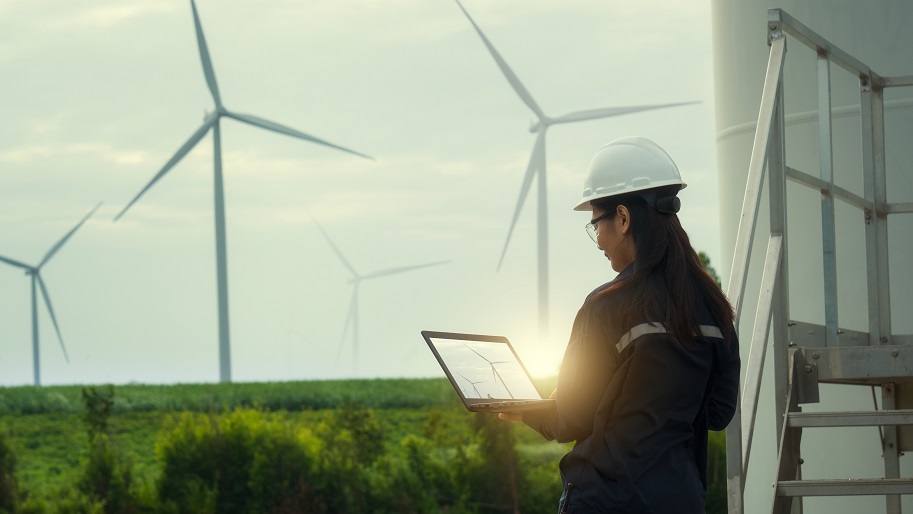DWIH Focus Topic 2022: Sustainable Innovations
 © Tunvarat Pruksachat/Getty Images
© Tunvarat Pruksachat/Getty Images
The German Centres for Research and Innovation (DWIH) have chosen “Sustainable innovations” as their focus topic for 2022 and will be highlighting how these are being driven forward in a process of international exchange.
Are there “limits to growth” as far as innovations are concerned? Published by the Club of Rome 50 years ago, this was the title of a widely read study of the dangers involved in rampant economic growth. It concluded that wanting “evermore” growth and production could not be the answer and that more sustainable and environmentally friendly approaches were needed. Increasingly, it is also no longer enough for innovations simply to be new or more productive.
As drivers of innovation, science and research-based industry need to work sustainably. Innovations can foster sustainability in a very concrete sense, for example when new solutions are found in the fight against climate change, or when resource-efficient methods of production are developed. At the same time, the question arises as to how politics, business and science can create a climate for innovation that will continue to produce ground-breaking developments in the long term.
A network for long-term exchange
“Sustainable innovations” is the 2022 focus topic of the German Centres for Research and Innovation (DWIH) in New York, São Paulo, Moscow, New Delhi, Tokyo and San Francisco. In their programmes, the DWIH demonstrate in particular the value of international exchange for innovation drivers in Germany and the respective host countries.
Further information about the choice of the DWIH focus topic for 2022 can be found on the DWIH network website.
The bioeconomy and renewable energies are of particular importance to Brazil. The country’s biodiversity, large areas of forests and farmland, rivers, geostrategic position and indeed the interesting research landscape offer huge opportunities for new, sustainable developments.
Brazil and Germany: partners in the use of biomass
Thanks to its large number of hydroelectric power stations and production of ethanol from sugarcane as fuel for cars, Brazil has been a world leader in the use of renewable energies for decades. The number of wind farms and solar power plants has increased lately. Research institutions are developing and testing numerous options for using biomass as an energy source, often in cooperation with scientists and companies from Germany. Recently there has also been growing interest in green hydrogen, and initial projects are already underway with German partners.
Brazil is also one of Germany’s most important international partners in the bioeconomy. It is not only global food security – one of the Sustainable Development Goals of the United Nations – that both countries are focusing on, but also the industrial use of renewable resources and the scientific and technological development of ways to process medicinal plants.
The DWIH São Paulo and its supporters regularly explore the potential offered by the bioeconomy and renewable energies. At the same time, numerous other sustainable innovations are being addressed within the DWIH network: from agroforestry systems that protect soils and environmentally friendly production techniques in industry to ways of raising people’s awareness of sustainable consumption and innovations enabling resource-efficient lifestyles.
